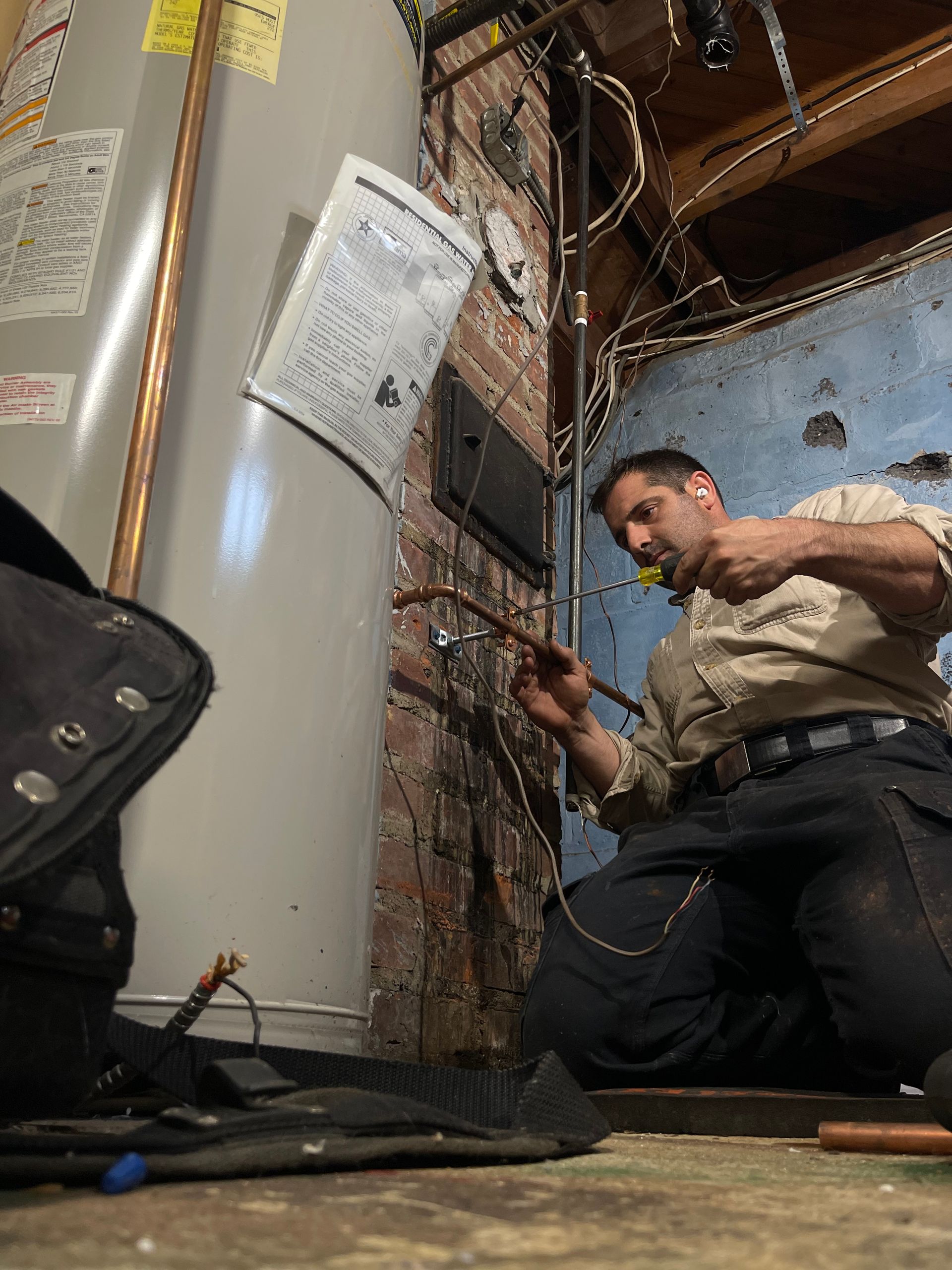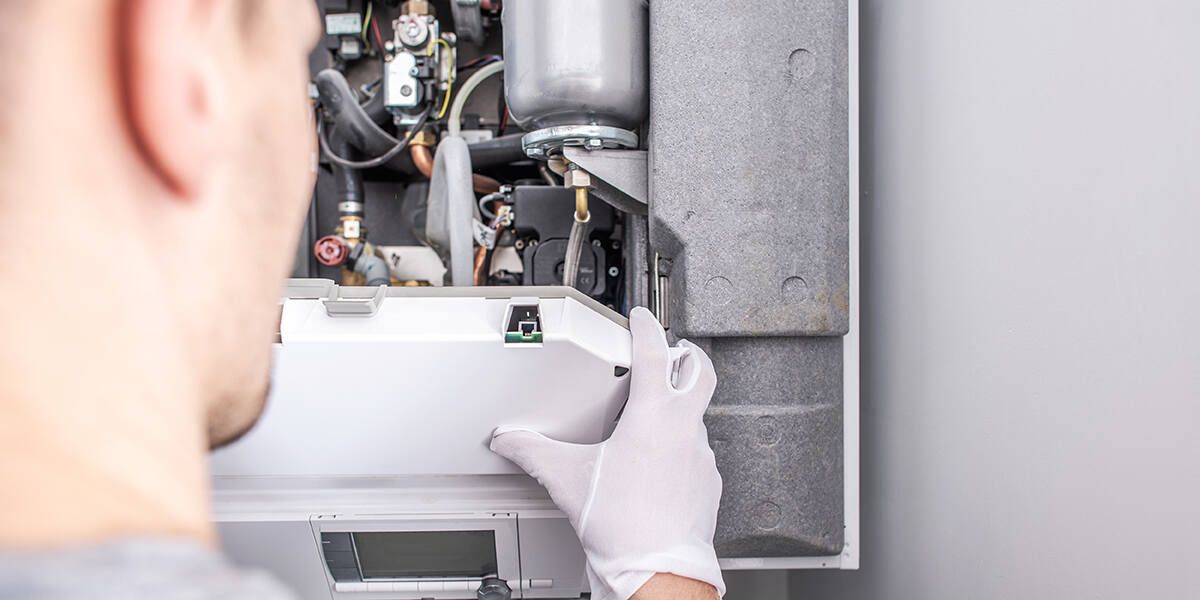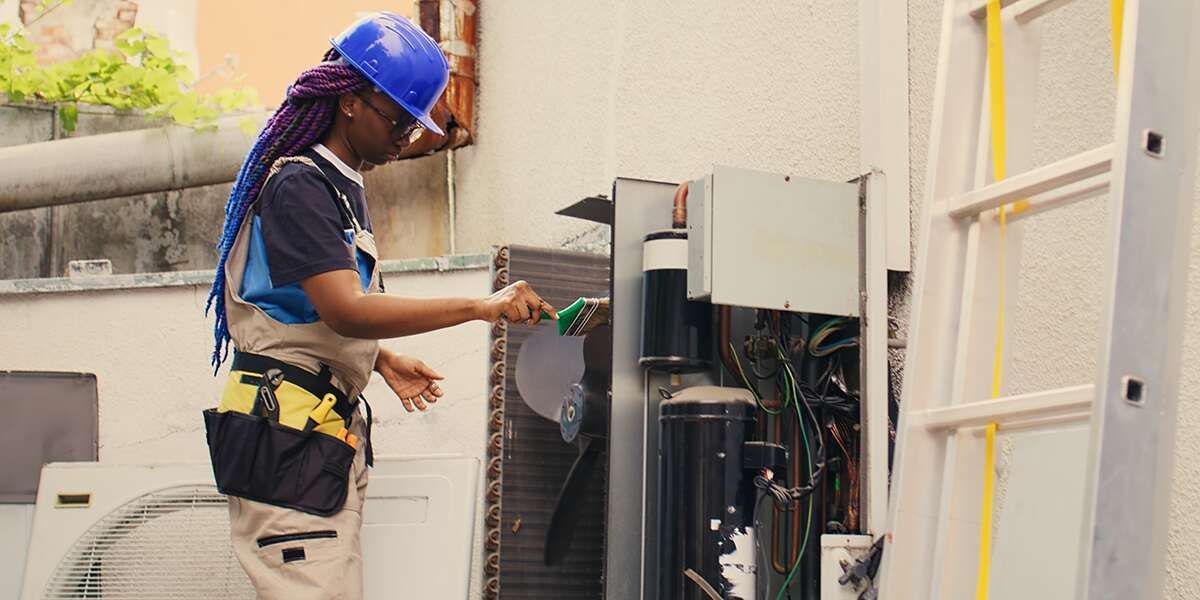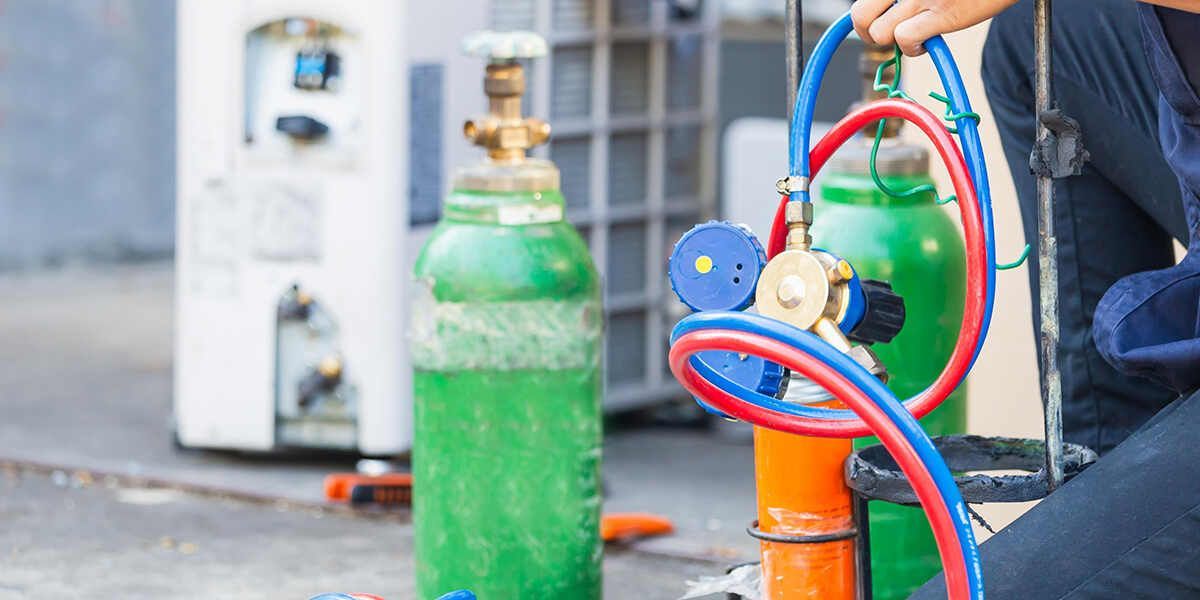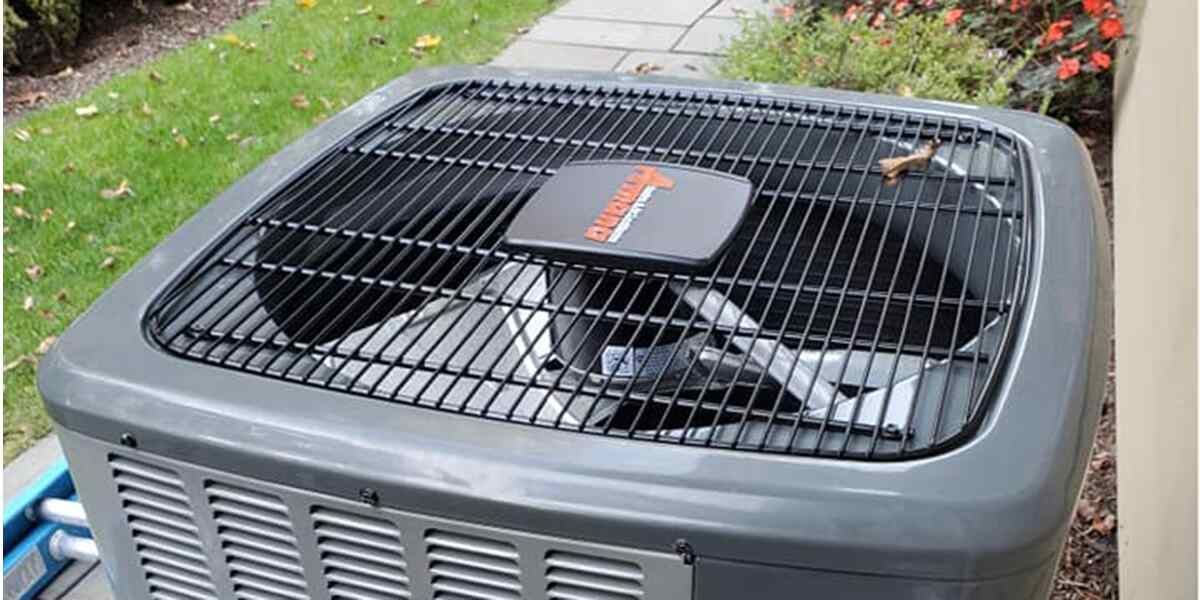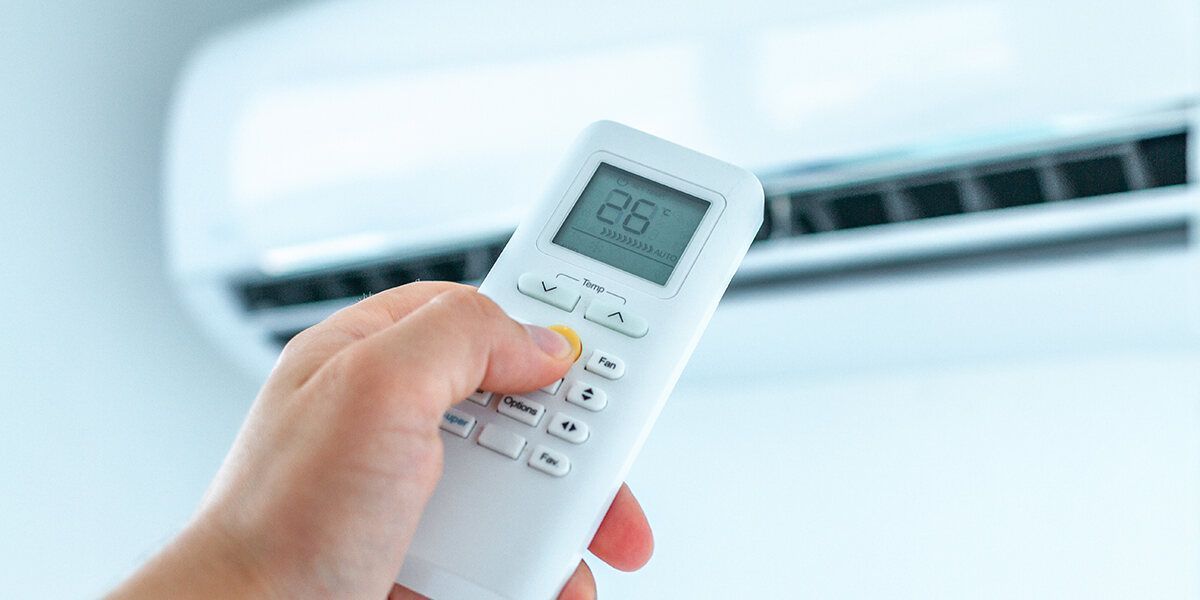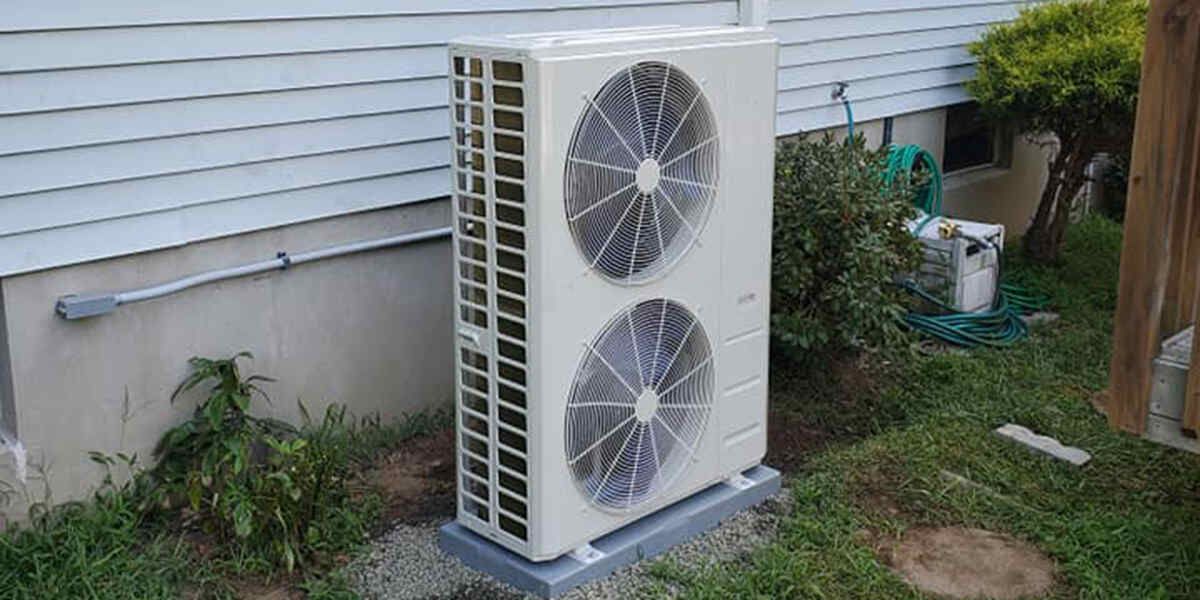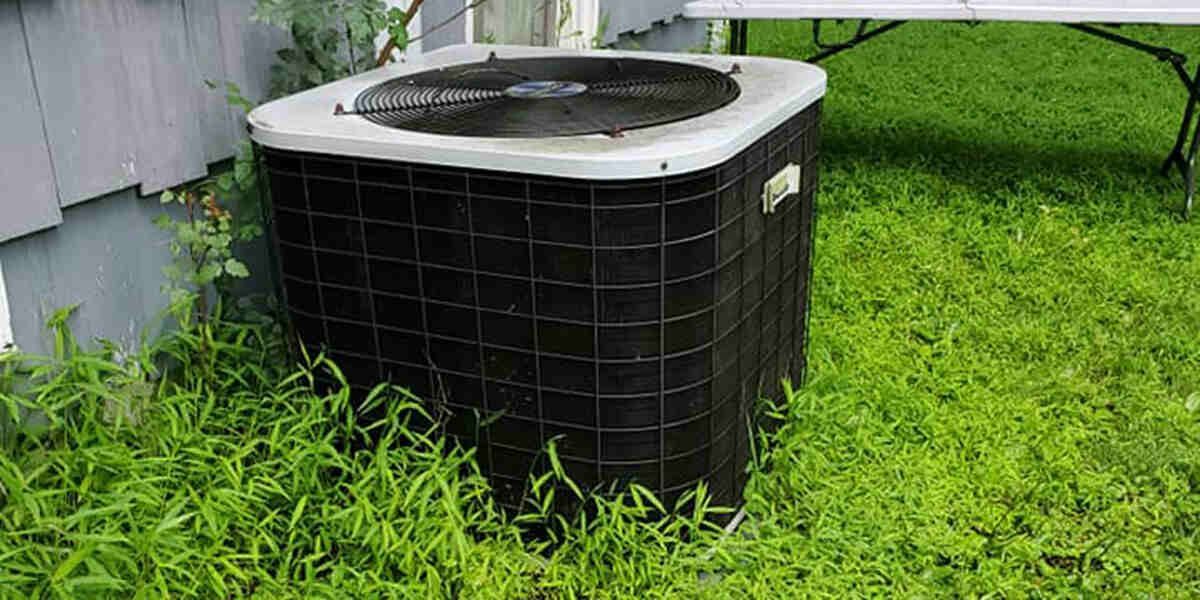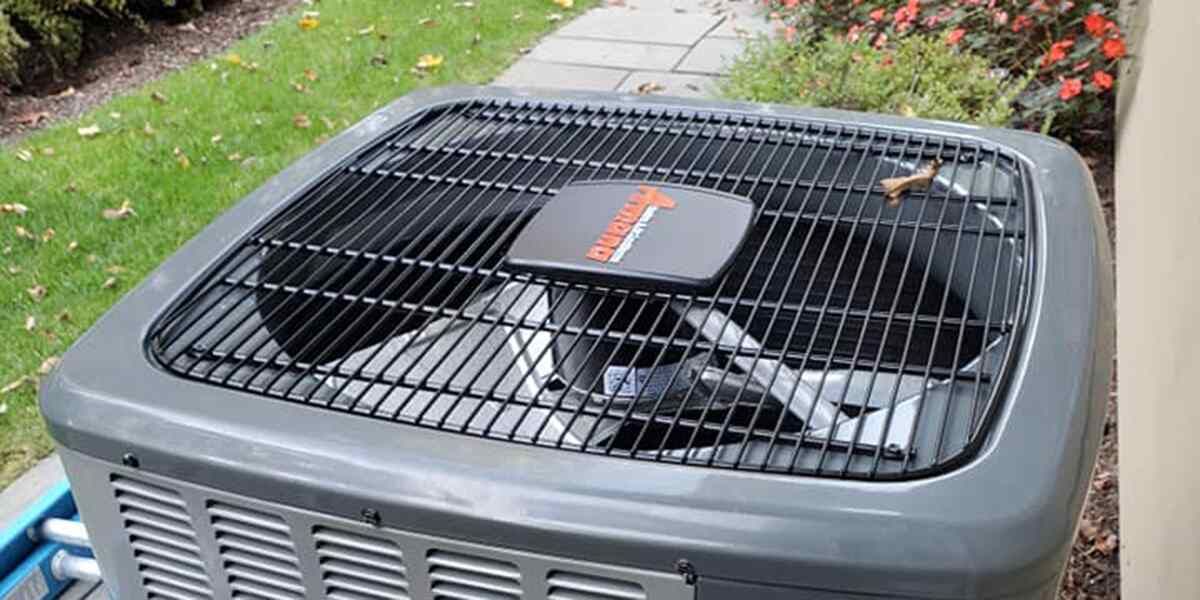9 Reasons Why Your Furnace Is Not Blowing Hot Air
Comfort Specialists
You rely on your HVAC system and furnace to keep your home at a comfortable temperature year-round. Even the most reliable heating or cooling unit will malfunction at one time or another.
One of the most common issues homeowners encounter is a furnace that stops blowing hot air. Some reasons a furnace does not blow hot air are easy to diagnose and troubleshoot on your own, while others require the services of a trained HVAC technician. Read on to learn the best troubleshooting when your furnace is not blowing hot air.
Depending on the source of the problem, your heating system may require professional HVAC services by Comfort Specialist Services in Denville, NJ.
#1 Thermostat Setting
Your thermostat controls the fan and temperature of your furnace. Be sure to set your device fan to “auto” instead of “on” to ensure that it blows hot air only as needed based on the thermostat heat settings.
Other troubleshooting tips before calling an HVAC professional include:
- Checking if someone in the home changed the thermostat settings
- Making sure that the thermostat battery has power
#2 Clogged Air Filter
The filters in your HVAC system help maintain healthy indoor air quality by trapping dust, allergens, and other contaminants, preventing them from circulating throughout the home. Without regular maintenance, dirt, dust, and air particulates accumulate inside the filter, preventing the normal airflow through the HVAC system.
A dirty air filter makes the furnace work overtime, causing it to overheat. When this happens, the HVAC system trips a high limit switch, which tells the furnace to blow cool air through the duct to cool itself. To avoid this situation, change air filters every three months as a part of a regular HVAC maintenance schedule.
Allowing your furnace to overheat and cool itself multiple times can cause the high limit switch to fail, which results in a much costlier repair than a simple filter change.
#3 Ductwork Issues
If your furnace is not blowing hot air, be sure to check the condition of your ductwork. Air ducts form a vital component of the HVAC system, transporting air from the heat source into the home. If your ductwork has a leak, you lose heat, take in cold air from the outside, and release it into your home. Contact a licensed HVAC technician to inspect and repair ductwork.
#4 Clogged Condensate Line
The condensate line carries water away from the condensing unit. Over time, the condensate line may become clogged from normal wear and tear or lack of maintenance. The line clog activates a breaker in the furnace that impedes the burners from functioning, resulting in cold air blowing through your home.
HVAC companies use special equipment to clear the condensate line and perform a reset on the heating and cooling system to restore functionality. A regular maintenance schedule will help prevent a line clog.
#5 Heat Exchanger Malfunction
The heat exchanger transfers the heat from the combustion chamber to the ductwork and into the home. The furnace plays a crucial role in protecting occupants from combustion byproducts such as carbon monoxide. A cracked or otherwise damaged heat exchanger requires the expertise of a licensed HVAC professional.
#6 No Fuel Source
All furnaces require fuel to operate. Make sure your furnace has an adequate fuel supply, be it electricity, gas, or oil:
- You need to turn on an electric furnace to produce heat—check circuit breakers if necessary to restore power.
- If you have a gas furnace, make sure there is fuel in the tank.
- If you have an oil furnace, the valve must be open to access fuel.
#7 Problems With the Pilot Light
Another reason your furnace is not blowing hot air could be the ignition system or pilot light. If your furnace does not generate heat, check the pilot light. If the light is out, refer to the instructions in the user’s manual on how to relight it. While doing that, make sure that the pilot light is clean. A dirty pilot light will hinder gas flow and prevent ignition.
The pilot light should reignite and stay lit once you restore it. If the light goes out again, the problem may relate to a more complex issue, such as a thermocouple failure. We recommend deferring this type of repair to an HVAC professional.
#8 Damaged Flame Sensor
A flame sensor is vital to the safe operation of a gas heating system. When a gas furnace ignites, the flame sensor generates an electrical current. Without proper cleaning and maintenance, carbon buildup and oxidation can compromise the flame sensor’s operation, resulting in a furnace malfunction such as cold air blowing through the home.
If the flame sensor is dirty, cleaning it should resolve the issue. A worn or damaged sensor requires replacement—a job that is best suited for an HVAC professional.
#9 Clogged Burner
Normal wear and tear can result in a blocked or clogged burner, preventing access to fuel. The burner cannot ignite without fuel, so the furnace will not generate heat. Since the fan operates independently from the burner, the system will continue to move cool air through the ventilation system and into the home. Contact a professional HVAC company to clean the burner and surrounding components. A regular maintenance schedule will prevent these types of issues in the future.
Contact Us
The team of HVAC experts at Comfort Specialists has the experience and resources to keep you and your loved ones comfortable year-round and save you money by making your New Jersey home more energy efficient.
Do you want to improve your DIY knowledge? Read on to learn about the most common furnace issues you should watch out for.
Our technicians have decades of experience installing and repairing a wide range of heating and cooling systems. Is your furnace not blowing hot air? Call the experts at Comfort Specialists at
973-381-2726 for top-quality furnace repair in Morris County, NJ.
CONTACT INFORMATION
Comfort Specialists
39 North 1st Ave Kenvil, NJ 07876
OUR SOCIAL MEDIA
OUR LOCATION
All Rights Reserved | COMFORT SPECIALISTS



